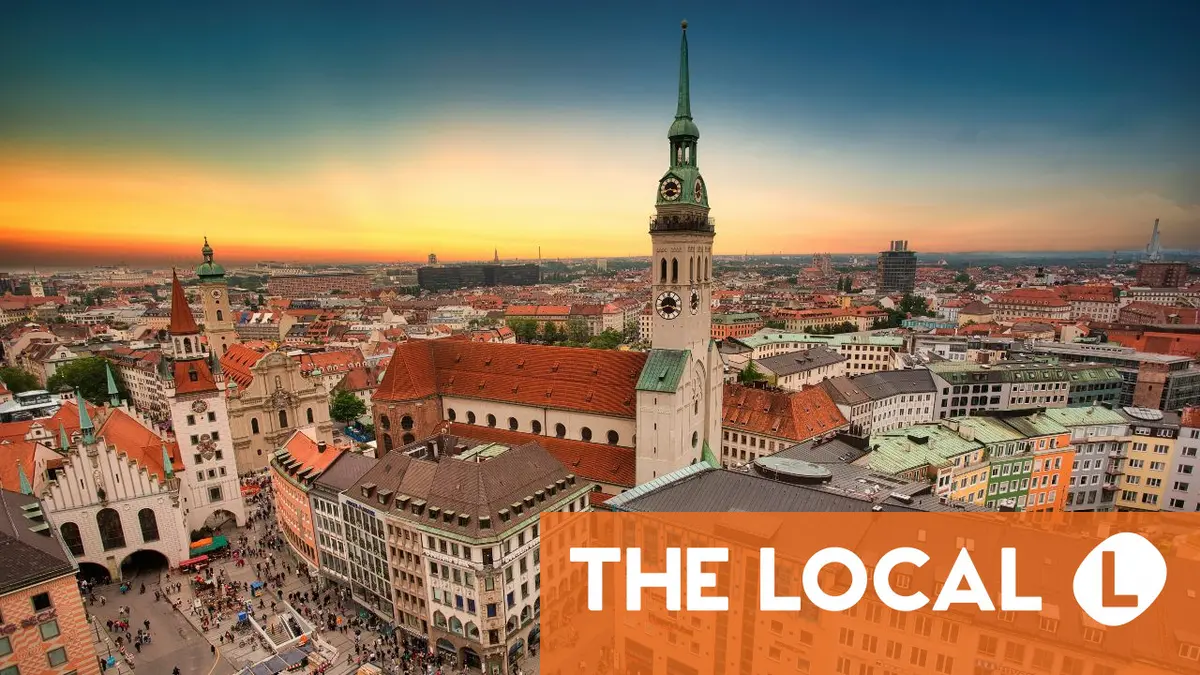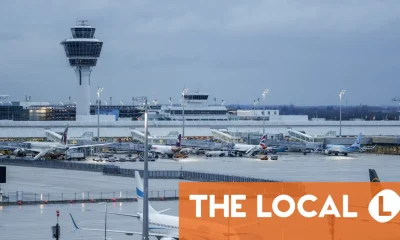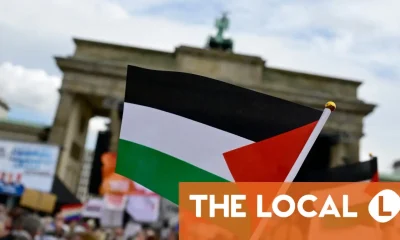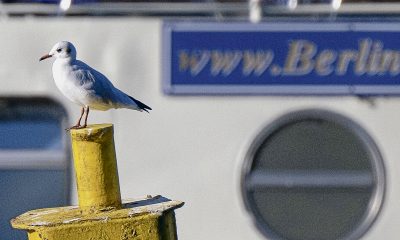According to Deutsche Bahn, the number of train passengers between Berlin and Munich doubled to about 3.6 million per year after a high-speed rail line opened between the two cities in 2017, which translates to approximately 10,000 train passengers per day.
Industry figures suggest that rail travel accounts for roughly 40 percent of journeys between the two cities. Of the remainder, approximately 35 percent travel by air, 20 percent by car, and five percent by coach or bus.
Those are the options – but which is the best?
Below, we’ve set out the various pros and cons. The prices shown are for one-way journeys and are averages unless otherwise stated.
Bus companies, train operators, and airlines offer numerous deals for off-peak travel – and it always pays to book well in advance if you can. For train travellers, Deutsche Bahn’s Bahncard 25 is an affordable way to nab a 25 percent discount on rail fares.
Train
Taking a train from Berlin to Munich (or vice versa) takes between just about 4 and 4.5 hours and can cost as little as €17 – if you don’t mind when you travel and are happy to book at least a fortnight advance. According to Omio, the average price of a one-way ticket is €113 (if you book on the day). There are approximately 20 trains running daily.
Passengers wait on the platform at Berlin Hauptbahnhof. Photo: picture alliance/dpa | Christoph Soeder
Travelling by train has a number of additional advantages, including city centre departure and arrival, freedom from security checks, and the smallest carbon footprint – roughly 22kg of CO2 – of all the available options.
To book tickets, visit the Deutsche Bahn or FlixTrain websites.
READ ALSO: New Munich-Paris high speed rail service planned
Flying
As with trains, there are approximately 20 flights a day between Berlin and Munich, and the average fare is around €100 (although they can be much more if you book last minute).
The flight time is just under an hour, but both airports are some distance from the city centre. Once you take into account the amount of time it takes to travel to and from the airport(s), and the time spent clearing security and waiting for luggage, the average journey time tends to be around 5 hours.
Advertisement
As you might expect, this is the least environmentally way to travel: according to Atmosfair, a roundtrip from Berlin to Munich produces 300kg of CO2 per passenger.
German airline Lufthansa runs nearly all direct flights between the two cities, so if you want to fly, you can book directly through them or a price comparison website.
READ ALSO: Munich, Vienna or Salzburg – Which is the best airport to fly from?
Bus
Travelling by bus is both the cheapest and the slowest method of making the journey. A ticket costs around €17, but the journey can take anywhere from 7 to 11 hours. The level of comfort tends to be slightly worse in comparison to a journey by train, and the carbon footprint slightly higher.
If you’re looking to save a few euros and have missed the boat on a low-cost train tickets, visit the FlixBus website to nab an affordable bus ticket.
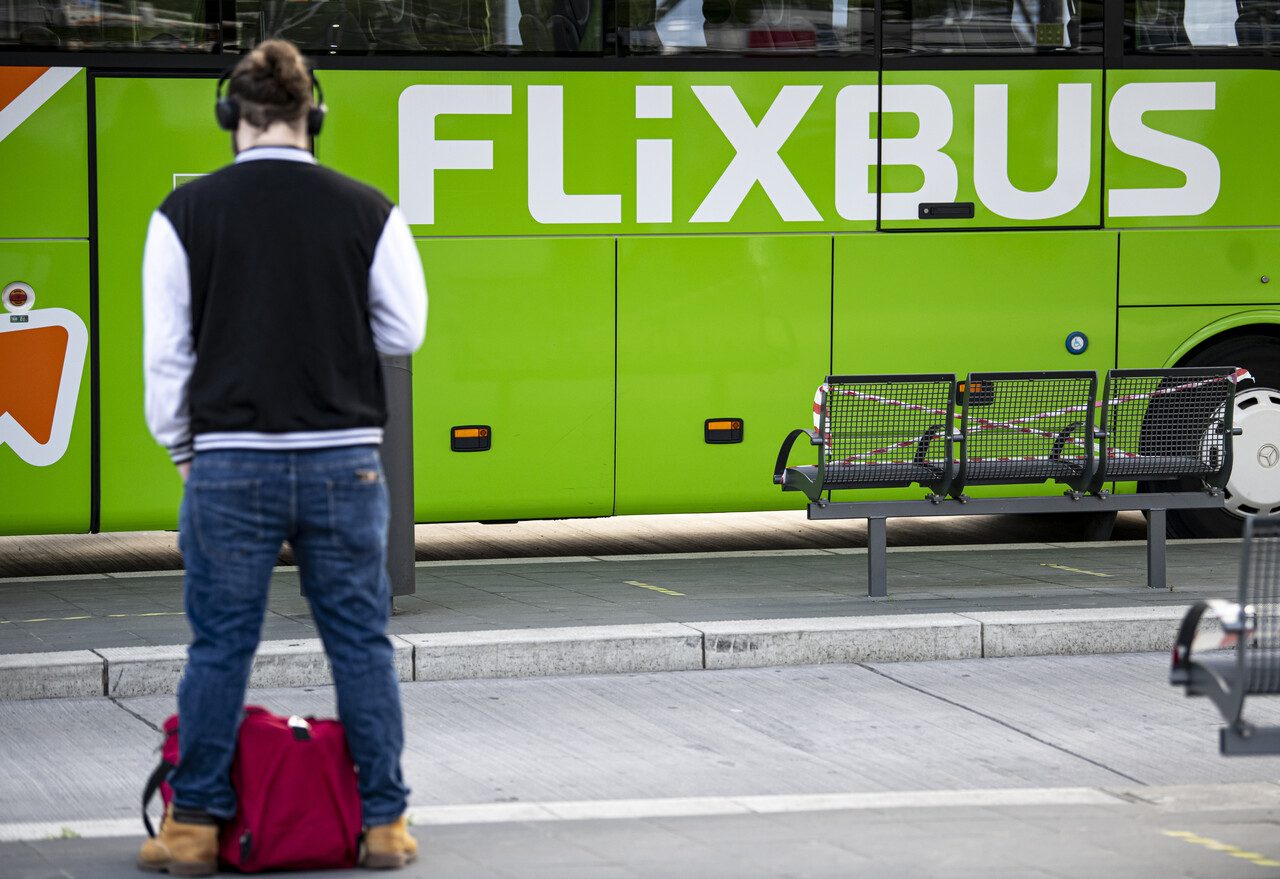
A Flixbus stands in the Central Bus Station in Berlin. Photo: picture alliance/dpa | Fabian Sommer
Car
From an environmental point of view, there isn’t much difference between driving and flying between Berlin and Munich (assuming you’re alone in the car).
The distance between the two cities is just under 600 km and the journey generally takes somewhere between 5.5 and 6.5 hours, depending on traffic.
The cost in petrol is likely to be somewhere between €60 and €80. Parking in Berlin is relatively straightforward but can be far more of a problem in Munich.
READ ALSO: Why are fewer people taking domestic flights in Germany?
Rideshare
In comparison with other countries, Germany’s ridesharing (Mitfahgelegeneheit) infrastructure is reasonably well developed.
A less flexible, but far more social, alternative to driving, it’s also cheaper and greener. Platforms which specialise in putting people and cars together include: Blablacar, Mitfahren and Mifaz. Deals will vary, but generally you’ll simply pay a contribution to the petrol costs.
Advertisement
Which is best?
If you value flexibility and privacy, you may want to drive – but trains remain the fastest, most convenient, and greenest option for most people travelling between Berlin and Munich.
As an alternative, ride-sharing is an excellent low-cost and climate-conscious alternative for those who have no problem sitting in a car with strangers.
Do you have any tips on the best way to travel between Berlin and the Bavarian capital? Let us know in the comments below or by dropping us an email at news@thelocal.com.

